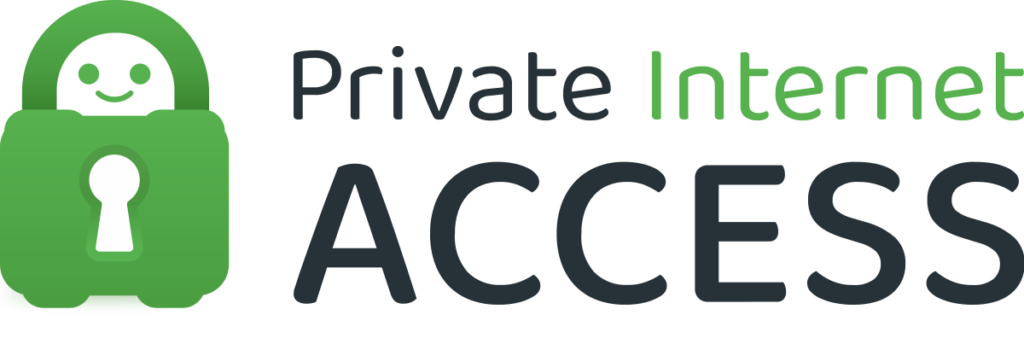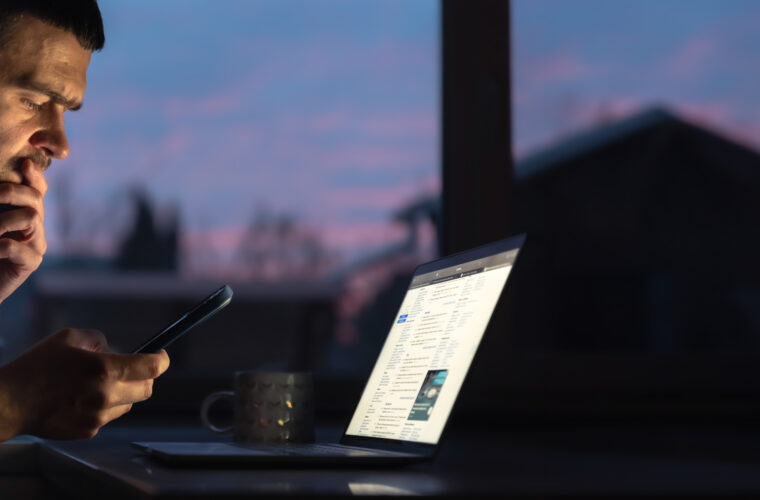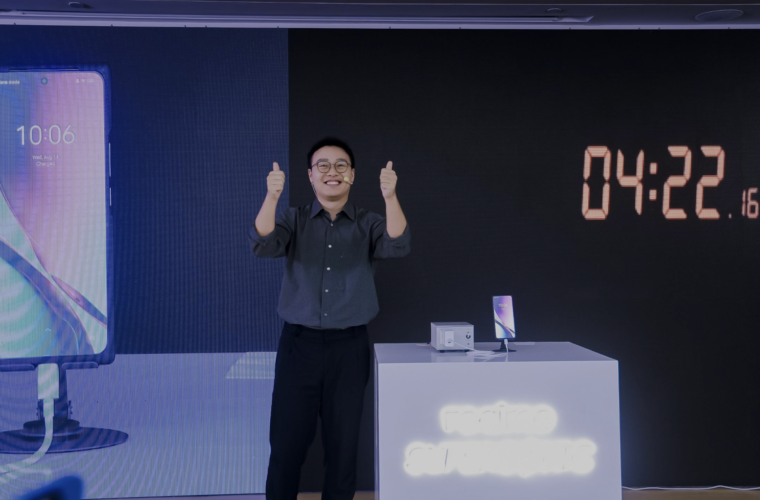VPN smartphone: For many people, surfing the net with a laptop is a different experience from doing it with a smartphone. Of course, the devices are different; in one case, we connect to websites and in the other to mobile applications, but it is not just a question of how we use them because people often underestimate the use of the phone compared to the countermeasures they normally take when using a personal computer. This is a big mistake simply because the pitfalls are identical: hackers are not interested in the device we use but only in stealing our personal data.
This alone should clarify why a VPN should also be used on a smartphone. This is a must for anyone who keeps sensitive information on their phone or bank account details or even sends confidential documents. Not to mention that nowadays, if the smartphone ends up in the wrong hands, personal content also includes the avalanche of photographs, videos, messages and audio clips stored on the device.
A case in point
Often, when there is real damage, one fully realises the danger one is running. This is well known by journalists, politicians and non-governmental organisations who owned the iPhones affected by Reign, a spyware sold by the Israeli company QuaDream (founded by former employees of NSO Group Ltd, Israeli cyber-intelligence firm primarily known for its proprietary spyware Pegasus). As told in the recent report by Microsoft and Citizen Lab, Reign sends fake invitations to Apple users’ iCloud calendars to access the device to record phone calls, take photos, track location, and steal documents. This is just one of many offensives orchestrated by malicious attackers to target victims, obviously acting without the users’ knowledge.

WiFi is the enemy
The biggest smartphone threat is WiFi because connecting to public networks, even with passwords, is a favourite terrain for hackers, who target the vulnerabilities of wireless hotspots. This is because most WiFi traffic is not encrypted when flowing through the phone. There are two ways hackers exploit to breach mobile devices: the fake hotspot and the Man in the Middle.
The first case can be guessed from the name itself, with digital criminals creating fake hotspots identical to authentic ones to fool users using names similar to real services. An example is Free Airport WiFi as the name of a point to connect at the airport. The network is an illusion that allows its creators to obtain all the data of those connecting with a smartphone. The other most popular solution by the villains of the network is to direct users to a page that requires them to enter personal data. Since this is also a creation of the pirates, they find passwords and credit card details, making the unsuspecting victims weep.


The disadvantages of VPN on the smartphone
Using a VPN on a smartphone has a few weaknesses. The first is a slower connection, which may also depend on the power of the server you are connected to. The second, despite VPN providers claiming the opposite, is the increase in data consumption, which can roughly be considered 5% to 20%.
A remedy in this case may be the choice of security protocol, with Lightway and WireGuard being considered the most data-conscious. Another potential risk concerns updates, which, particularly for Android applications, can be hampered by incompatibilities between the VPN and the software versions. This is another reason why it is always better to opt for a paid VPN, which provides a number of advantages over the free mode, which is often synonymous with limited services and activities.
A VPN to try for mobile devices
On the positive side, a VPN on the smartphone is straightforward to install. Simply download it from the iOS App Store or the Google Play Store, followed by a step-by-step guide to understand the functionality and start using the service. Although it goes without saying, it should be remembered that the VPN only encrypts the data flow of what travels over the network, so there is no encryption for calls and SMS, which are to be protected with other IP services. As in previous articles on VPNs, I recommend a good one for the telephone.
This is Private Internet Access (PIA), which has a network of 35,000 servers in 84 countries and a military-grade 256-bit encryption system, plus blocking of ads, suspicious sites and malware, and a kill switch to avoid tracing the user’s location. It protects all types of devices (Android, iOS, Windows, Linux, Mac, consoles, routers, Smart TVs, Chrome, Firefox and Opera) and has no limits to doing so simultaneously. In addition, PIA offers easy-to-use online guides and a 24/7 chat to assist customers in case of need. And if you don’t like the VPN, there is a money-back guarantee within a month of purchase, with prices ranging from €11.69 for a single month to €1.79 every 30 days in the case of a three-year subscription, which also includes three free months.



